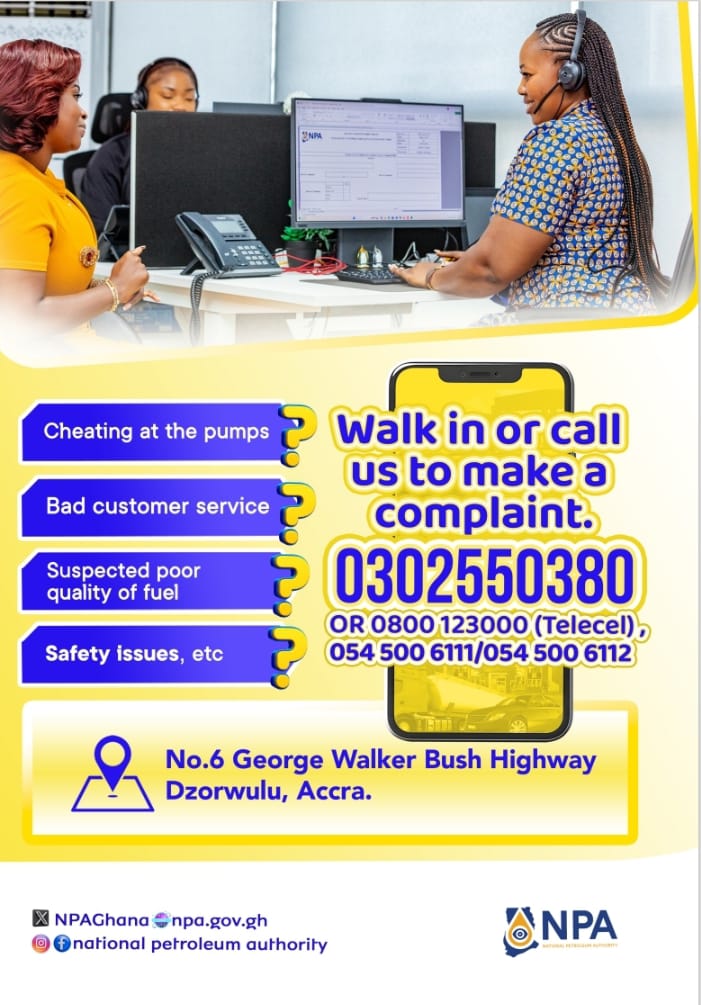In late 2020, amid the economic maelstrom unleashed by Covid-19, there were few better places to be than sitting on top of a goldmine.
In Ghana, the west African country once called the Gold Coast by British colonizers, the Bogoso-Prestea mine was producing 4,000 ounces of the precious metal a month, valued at $6m (£4.5m).
As gold prices reached record highs, London-based Blue International Holdings – a seasoned investor in African energy projects, pounced to buy the mine for $95m.
Blue International promised “attractive financial returns while having a positive impact on the communities and countries in which it operates, and the planet as a whole”, according to its website.
In a new investigation, The Guardian has revealed how London-based Blue Gold received £3.3 million from the UK government’s start-up support fund and borrowed another £13.5 million from a UK lender — money that has since gone unpaid.
In 2020, Blue Gold took over Ghana’s Bogoso-Prestea Gold Mine, which was then producing 4,000 ounces of gold every month, worth around $6 million. The company promised investment, job creation, and sustainable operations.
Instead, the mine is now shut down, workers remain unpaid, and over $150 million in debt has been left behind in Ghana.
The revelations have led to growing questions both in Ghana and the UK:
If millions were being earned each month, where did the gold go?
Where did the money go?
Today, many are calling the saga what it appears to be — “The Blue Gold Scam.”
https://www.theguardian.com/business/2025/jul/27/blue-gold-ghana-mine-uk-british-taxpayers





